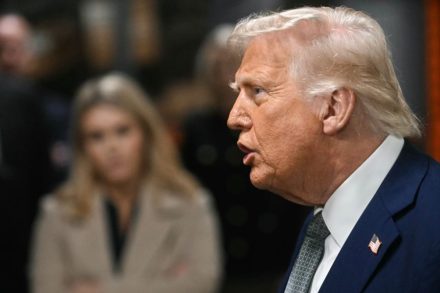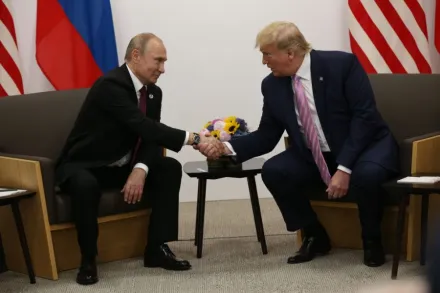Trump was naive to think he could negotiate with Putin
President Donald Trump’s creative diplomacy in the Ukraine conflict – which entails bullying the victim and making unilateral concessions to the aggressor – has achieved its latest non-result. After a telephone conversation that lasted for an hour and a half, Trump failed to convince his Russian counterpart Vladimir Putin to accept the US proposal for an unconditional ceasefire. The war continues. Putin attempted to dampen expectations shortly before the call. Speaking to a gathering of Russian businessmen earlier in the day, he predicted that sanctions on Russia would not go away. ‘These are not temporary or targeted measures; this is a mechanism of systemic, strategic pressure on our country,’ he





















